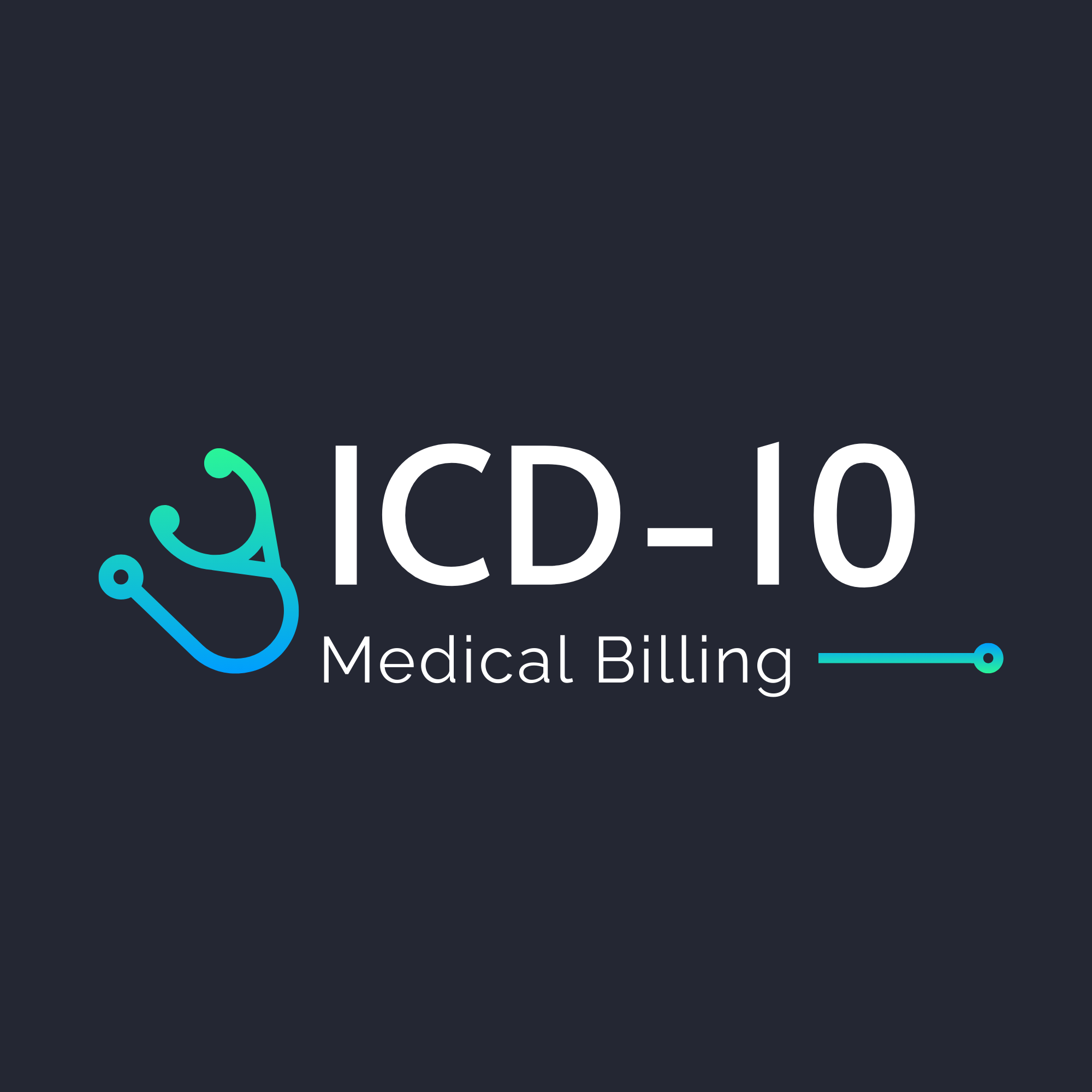Introduction to CO-16 Code
- Define CO-16 in the context of medical billing and coding.
- Explain its significance in the claims adjudication process.
Common Reasons for CO-16 Denials
- Lack of required documentation.
- Insufficient or incomplete information on the claim form.
- Coding errors or discrepancies.
- Missing supporting medical necessity documentation.
- Failure to follow specific payer guidelines.
Impact on Revenue Cycle Management (RCM)
- Effects of CO-16 on reimbursement.
- Delayed payments and cash flow issues for healthcare providers.
- Increased administrative burden and costs associated with re-submissions.
Steps to Prevent CO-16 Denials
- Educating staff on documentation requirements.
- Utilizing electronic health records (EHR) effectively.
- Conducting regular audits and quality checks.
- Implementing effective communication channels between providers and billing staff.
- Staying updated with payer-specific guidelines and requirements.
Appeal Process for CO-16 Denials
- Steps to appeal a CO-16 denial.
- Documentation needed for the appeal process.
- Timelines and deadlines for filing appeals.
- Importance of thorough documentation and supporting evidence.
Best Practices and Tips
- Encouraging collaboration between clinical and billing teams.
- Training staff on proper coding and billing practices.
- Using technology solutions to streamline documentation and billing processes.
Case Studies and Examples
- Real-life examples of CO-16 denials and their resolutions.
- Lessons learned and improvements made in billing and coding practices.
Documentation Requirements
- Specific documents and information required for different types of claims.
- Importance of detailed patient information, including demographics and insurance details.
Payer-Specific Guidelines
- Variations in CO-16 application across different insurance providers.
- How to navigate and adhere to payer-specific requirements.
Training and Education
- Importance of ongoing training for billing and coding staff.
- Workshops, seminars, and certifications to enhance skills and knowledge.
Software and Technology Solutions
- Role of billing software in reducing CO-16 denials.
- Features to look for in software to improve claims accuracy.
Quality Assurance Processes
- Implementing quality assurance measures to reduce errors.
- Regular audits and reviews of claims and documentation.
Communication Strategies
- Enhancing communication between providers, coders, and billing staff.
- Using clear and concise language in documentation and claims.
Legal and Compliance Considerations
- Ensuring compliance with HIPAA regulations in documentation.
- Legal implications of incomplete or inaccurate claims.
Provider-Payer Relationship
- Strategies for maintaining positive relationships with insurance companies.
- Negotiating contracts and agreements to clarify billing and coding expectations.
Patient Education
- Educating patients on the importance of accurate insurance information.
- Providing resources to help patients understand their billing statements.
Coding Accuracy
- Tips for accurate medical coding to avoid CO-16 denials.
- Using current procedural terminology (CPT) codes correctly.
Data Analysis and Reporting
- Utilizing data analytics to identify trends in CO-16 denials.
- Making data-driven decisions to improve billing practices.
Impact on Healthcare Delivery
- How CO-16 denials affect patient care and access to services.
- Addressing challenges in healthcare delivery due to billing issues.
Regulatory Updates
- Staying informed about changes in billing regulations and policies.
- Adapting billing practices to comply with new guidelines.
Resource Allocation
- Allocating resources effectively to manage billing and coding processes.
- Budgeting for technology upgrades and staff training.
Continuous Improvement
- Implementing feedback loops for continuous improvement in billing processes.
- Encouraging staff to suggest improvements based on their experiences.
Ethical Considerations
- Ethical responsibilities in billing and coding practices.
- Upholding professional standards in healthcare administration.
Industry Standards
- Following industry best practices in medical billing and coding.
- Benchmarking against peers to improve performance.
Conclusion
- Summarize the importance of accurate documentation in preventing CO-16 denials.
- Emphasize continuous improvement in billing practices to optimize revenue cycle management.
Stay informed with ICD Med-Billing for the latest updates on ICD-10 codes.




